Published
7 months agoon
By
Adubianews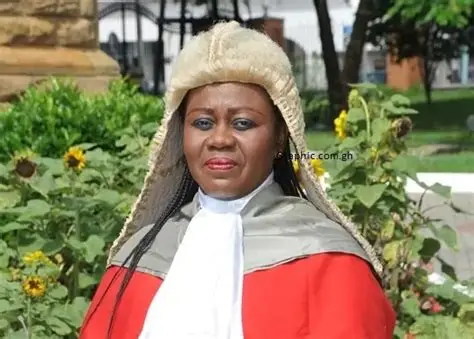
Ghana’s judicial landscape has entered uncharted territory as Chief Justice Gertrude Torkornoo launches a $10 million legal challenge against the state at the ECOWAS Court of Justice, citing grave violations of her fundamental human rights.
This historic move marks the first time a sitting Chief Justice in Ghana has filed such a suit, placing the nation’s legal system under intense regional and public scrutiny.
The legal action stems from her suspension by President John Mahama on April 22, 2025, under Article 146 of the 1992 Constitution, which outlines procedures for removing justices of the Superior Courts. Chief Justice Torkornoo’s suit alleges that the process and manner of her suspension contravened several provisions of the African Charter on Human and Peoples’ Rights.
At the heart of the complaint is a demand for $10 million in compensation, claiming moral and reputational harm resulting from what she describes as an unlawful and degrading suspension. The Chief Justice’s application highlights the long-term damage to her personal dignity, professional standing, and the exposure of her family to widespread public humiliation.
Among her key demands are several declarations, including that:
Her right to a fair hearing was violated under Article 7 of the Charter.
The committee established to investigate her conduct lacked independence and impartiality.
Her working conditions were undermined in breach of Article 15.
Her dignity was compromised, violating Article 5 due to the suspension’s public nature.
Ghana subjected her to an “illegal and unfair trial,” causing significant reputational injury.
This legal escalation comes after multiple attempts to challenge the disciplinary process in Ghana’s courts. Earlier in May 2025, the Supreme Court dismissed her injunction application against the investigative committee on procedural grounds, while the substantive case remains pending domestically.
Legal observers say the ECOWAS Court, a regional tribunal with jurisdiction over human rights matters, could play a pivotal role in shaping how top judicial officers are treated by political authorities across West Africa.
While some critics argue that the Chief Justice must exhaust local remedies before seeking international adjudication, existing ECOWAS legal precedent permits filings even when domestic cases are ongoing, provided the matter is not before another international forum.
The implications of this suit are far-reaching. It raises complex questions about judicial independence, the limits of executive power, and the accountability of state institutions. As this case unfolds, it may set a defining precedent for constitutional governance and human rights protection within both Ghana and the broader ECOWAS region.
All eyes will be on how the ECOWAS Court adjudicates this unprecedented legal challenge, which could become a reference point in future conflicts involving high-ranking state officials and regional human rights protections.
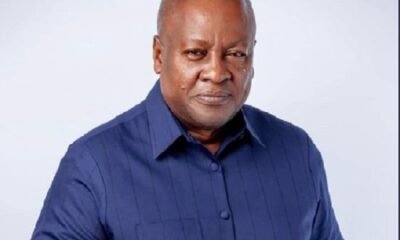

ECOWAS Endorses John Mahama as Sole West African Candidate for AU Chair in 2027
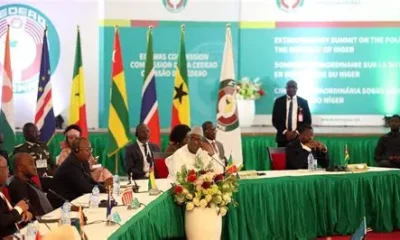

ECOWAS Declares Regional State of Emergency Over Rising Instability


Poverty and Corruption Are Silent Killers of Democracy – ECOWAS Envoy
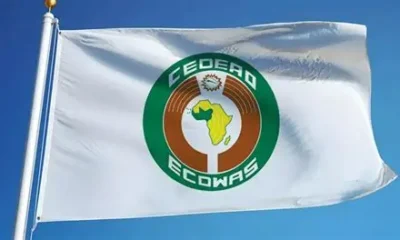

ECOWAS Mourns Victims of Ghana Helicopter Crash, Reaffirms Regional Solidarity


Suspended CJ Torkornoo Files Human Rights Case Against Ghana at ECOWAS Court


Public Remarks by Chief Justice Torkornoo Were Unlawful, Says Musa Ahmed
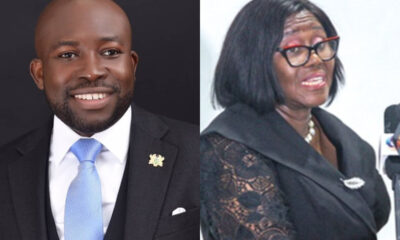

Senyo Hosi Criticizes Chief Justice Torkornoo’s Press Conference as Disregard for Judicial Process
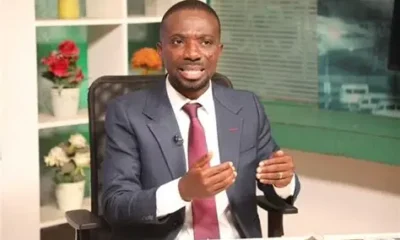

Miracles Aboagye Warns NDC’s Move to Oust Chief Justice Endangers Democracy
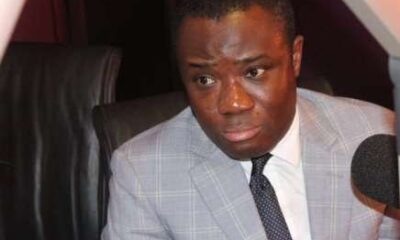

No Political Agenda Behind Torkornoo Probe – Government Insists

























